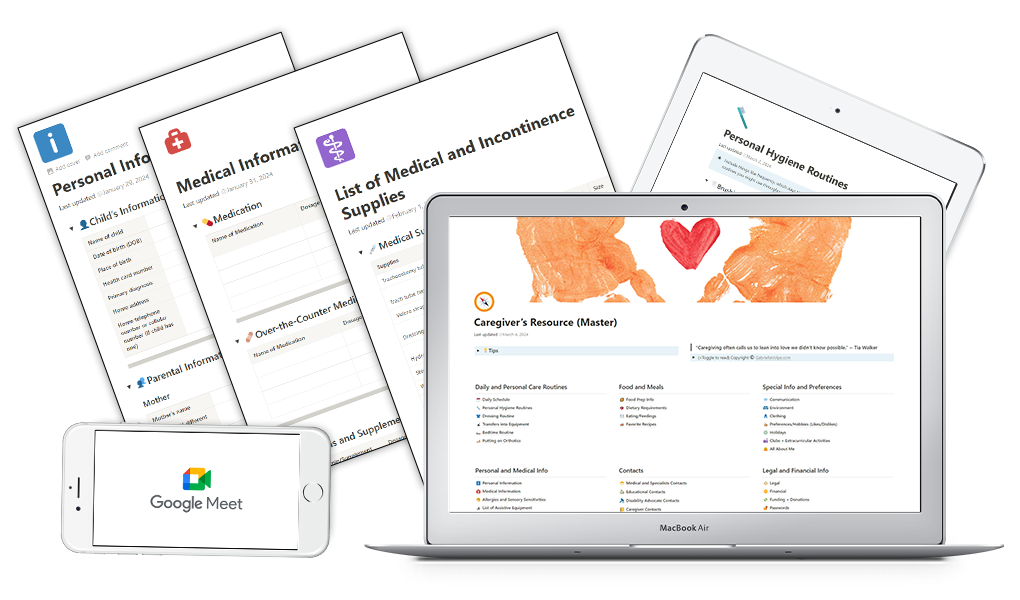Family members picked up the slack.
In our home alone, the government saved on three part-time caregiver paychecks for over 2 years.
Quebec’s healthcare budget remained intact while families across the province faced a crisis alone. Further, caregivers and nurses were suddenly found in a predicament of not having a place to show up to work and not having the financial support they counted on.
When systems of care fail, families pick up the pieces
The problem didn’t begin with the pandemic. When systems of care fail families, we pick up the pieces, and the government saves money.
While many families prefer in-home caregiving, there are many downfalls to how this system is currently set up.
To have quality care at home, we need reliable, qualified staff. For reliable, qualified staff to want these positions, they need equitable pay and benefits. They also need to be paid on time, every time.
Care workers in Quebec who work in public spaces get paid more than those providing in-home care. In-home caregivers do not have the same benefits as those working in public healthcare. The payment system requires a worker to count on the family members and agency to file their hours in time for their next payout date. The possibility of human error is high; the process is antiquated.
As a result, in-home caregivers often leave families for better opportunities—sometimes not in the field at all.
Families are allotted a certain amount of funding for caregiving which requires a lengthy process for approval and must be repeated periodically. The amount allotted never covers around-the-clock care, which some families with medically complex children need.
Quality care is a human right, and we must demand it.
Related articles:

Caregiver's Resource Planning Group
Organize your caregiving records for your neurodivergent/disabled child with the accountability of a group. For family caregivers.

0 Comments